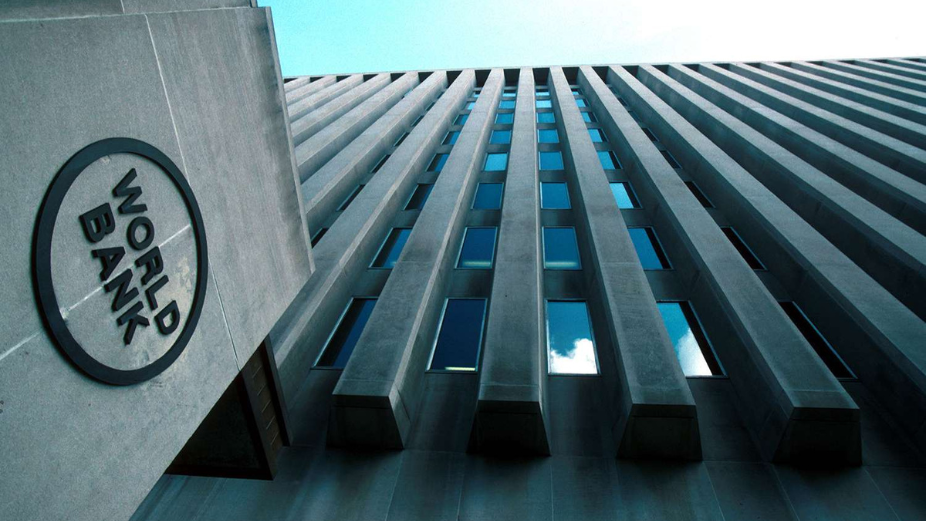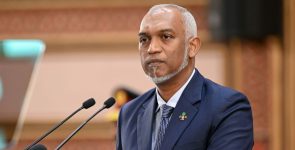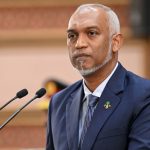
The World Bank has called for urgent and comprehensive economic reforms in the Maldives to address heightened external and fiscal vulnerabilities. According to the latest Maldives Development Update: Seeking Stability in Turbulent Times, released today, the country’s economy grew by 7.7 percent and 4.5 percent year-on-year in the first and second quarters of 2024, driven largely by an 8.5 percent increase in tourism during the first half of the year.
Inflation remained low at 0.5 percent during the first half of 2024. However, food prices surged by 6.7 percent compared to the same period in 2023, posing challenges for households. Despite a reduction in the fiscal deficit in early 2024, the World Bank highlighted growing concerns over public debt and high fiscal spending, particularly in the areas of public sector investments and subsidies. Payment delays in sectors like healthcare and construction are not fully captured in the official fiscal statistics, further complicating the fiscal landscape.
Foreign exchange reserves fell from $590.5 million at the end of 2023 to $443.9 million by August 2024, now sufficient to cover only 1.5 months of imports. Rising debt repayments have exerted additional pressure on the economy, with total public debt climbing to 116.5 percent of GDP in the first quarter of 2024, up from 110.4 percent during the same period last year.
The report stresses that fiscal risks remain elevated due to loans, trade payables, subsidies, and investments in state-owned enterprises (SOEs). Although the government has transferred funds to the Sovereign Development Fund (SDF), the current balance of $65 million is insufficient to meet the growing financing needs.
David Sislen, the World Bank’s Regional Country Director for the Maldives, Nepal, and Sri Lanka, emphasised the importance of economic reforms to safeguard the Maldives’ development achievements. “Maldives has made remarkable progress in realising its development aspirations, but protecting these achievements and scaling them up will depend on addressing the current fiscal challenges,” he said. “Efficient public spending – with the timely implementation of expenditure reforms and targeted social support – will be essential to ensure resilience amid rising economic challenges.”
The government introduced a fiscal reform plan in February 2024, but implementation has been slow. While the endorsement of the Medium-Term Revenue Strategy was noted as a positive step, the World Bank urged immediate action to reduce public investments, phase out subsidies, improve healthcare efficiency, and reform SOEs to reduce the state’s involvement in the economy.
The report also highlighted the significant climate risks facing the Maldives, with sea-level rise and coral reef degradation threatening to reduce GDP by 11 percentage points by 2050 under worst-case climate scenarios. The World Bank advised that investments in climate adaptation and renewable energy could help mitigate these risks and contribute to long-term economic growth.
The Maldives Development Update is released twice a year and is a companion piece to the South Asia Development Update, which assesses economic developments and prospects across the region. The October 2024 edition, titled Women, Jobs, and Growth, includes economic projections and explores how increasing female labour force participation and trade openness could unlock greater economic potential in South Asia.












